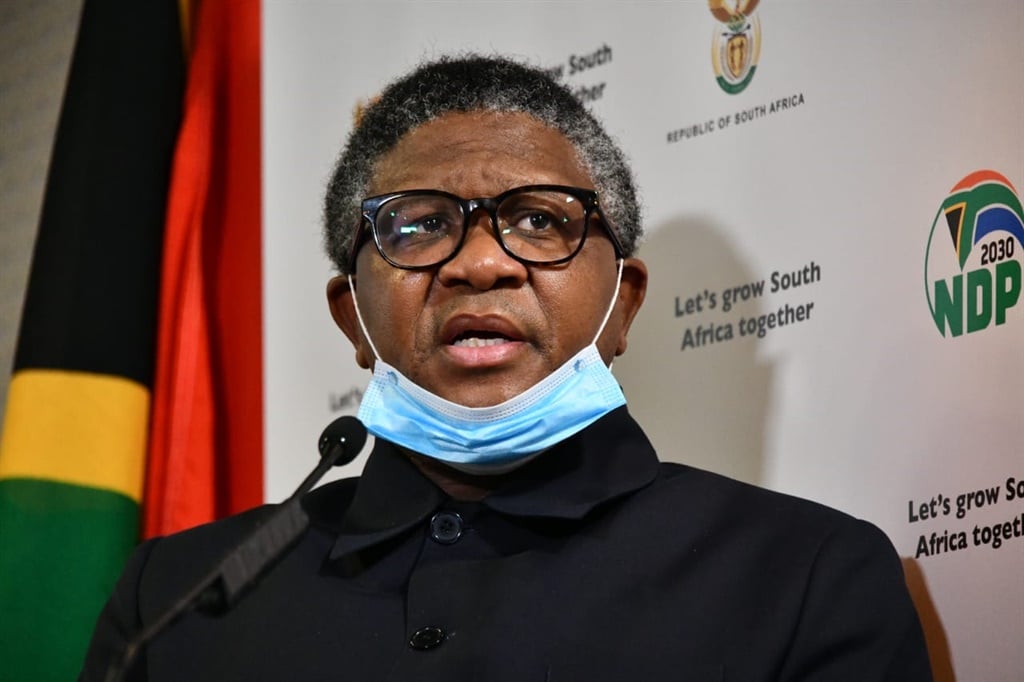
- Fikile Mbalula has released discussion documents ahead of a taxi lekgotla in October.
- The lekgotla is aimed at re-imagining a taxi industry, where it is a major player in the economy.
- Industry regulation is one of the key topics in the discussion documents.
Transport Minister Fikile Mbalula said the regulatory framework around the taxi industry remains weak and ineffective due to a fragmented approach to law enforcement.
These are some of the issues included in the discussion documents released by the transport department ahead of the national taxi lekgotla in October.
"These documents released today are not the views of the South African government. They are aimed at ensuring that we discuss and arrive at a deal-making by October. We will then unveil the deal in terms of what is agreed upon," Mbalula said during a virtual briefing on Friday.
One of the discussion documents deals with regulation, and focuses on key issues in addressing the regulatory framework for the industry.
"It is a sad reality that the taxi industry continues to operate as an informal sector, on the fringes of the formal economy," said Mbalula.
'Not structured'
"It is mostly not structured along legally recognised business units, such as companies or cooperatives. There are instances where some operators have come together and registered companies and cooperatives, but this is not the general character of the industry."
The industry regulation documents also delve into the issue of government officials, traffic officers and police officers who own taxis.
"Their participation in the industry fuels violence and weakens law enforcement as they are prone to intervene to protect their associations or friends," he added.
In addition, the document deals with the current fragmented approach, which relies on the capacity of individual provinces to enforce public transport laws as well as "weak support from the South African Police Service (SAPS)" and how that creates a culture of impunity.
The discussion further attempts to address the challenge posed by the prevalence of illegal operators, with an estimate of 63 000 out of 200 000 taxis in the country operating without operating licenses.
Lastly, the issue of the regulation of e-hailing services is receiving attention.
"The National Land Transport Bill that puts in place the regulatory framework for regulating e-hailing services has been passed by Parliament and is now before the president for assent," Mbalula said.
The transport department will be engaging with stakeholders and civil society through various platforms this coming week.
"We invite every South African to contribute to the conversation about building a taxi industry of the future," Mbalula concluded.
